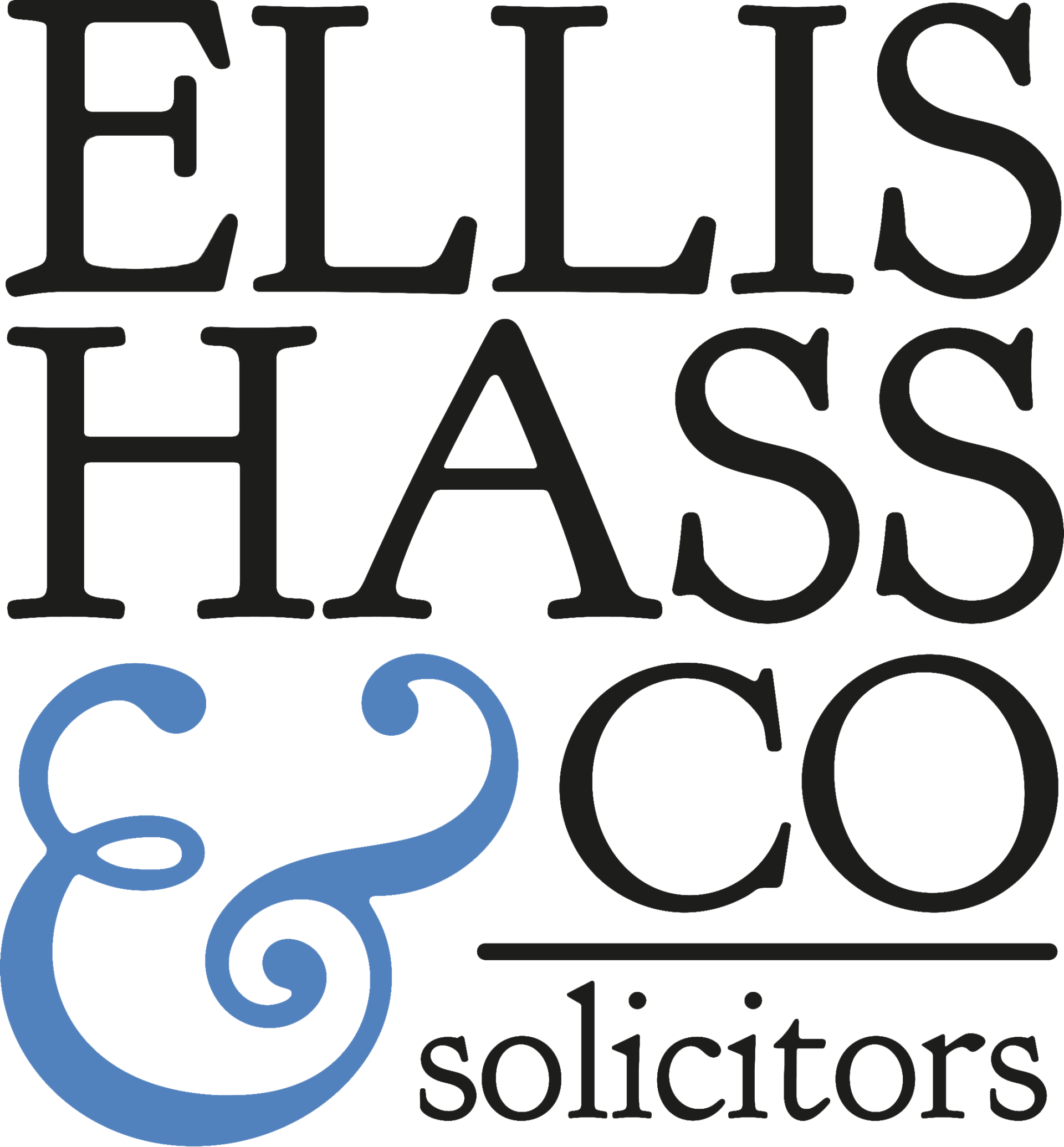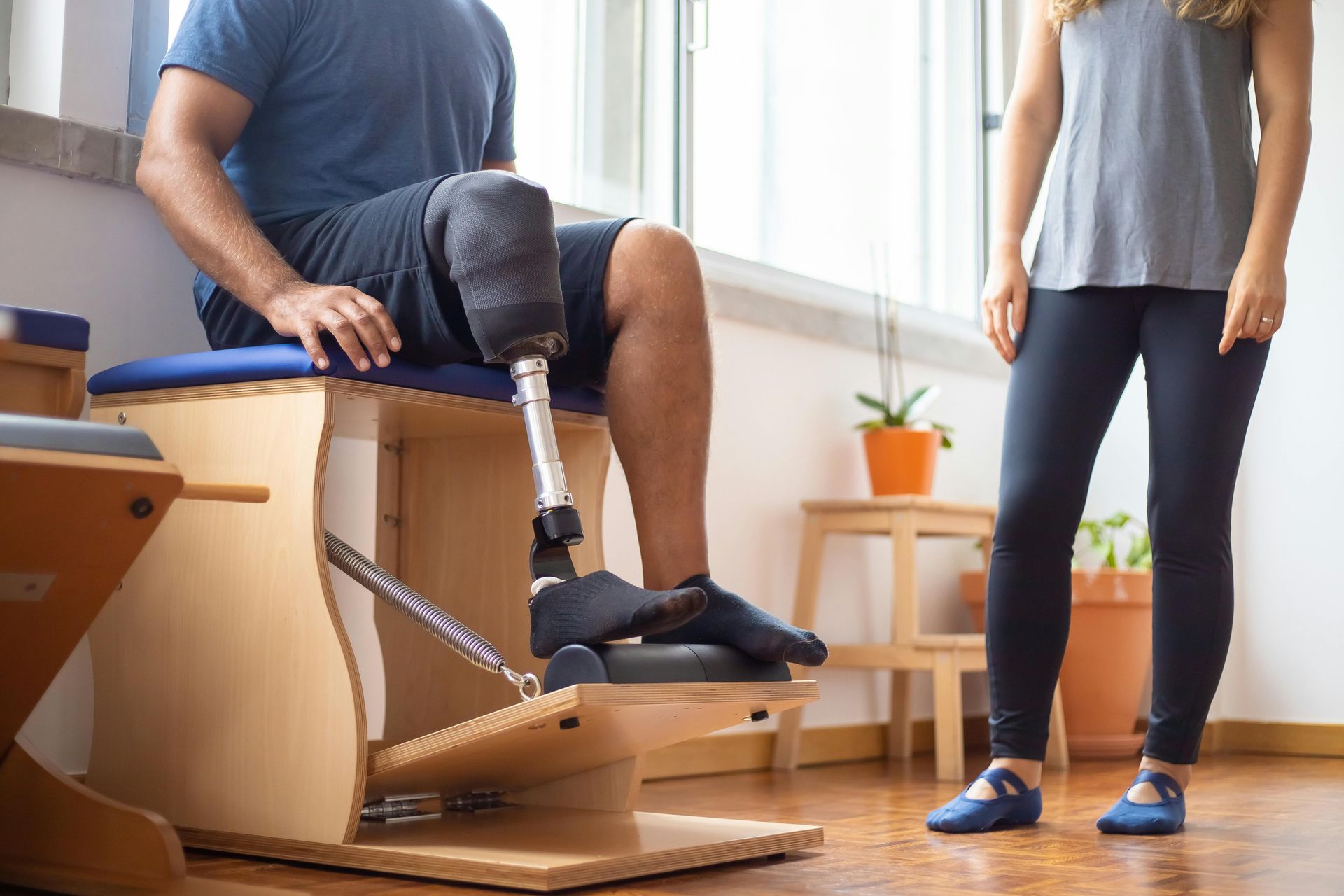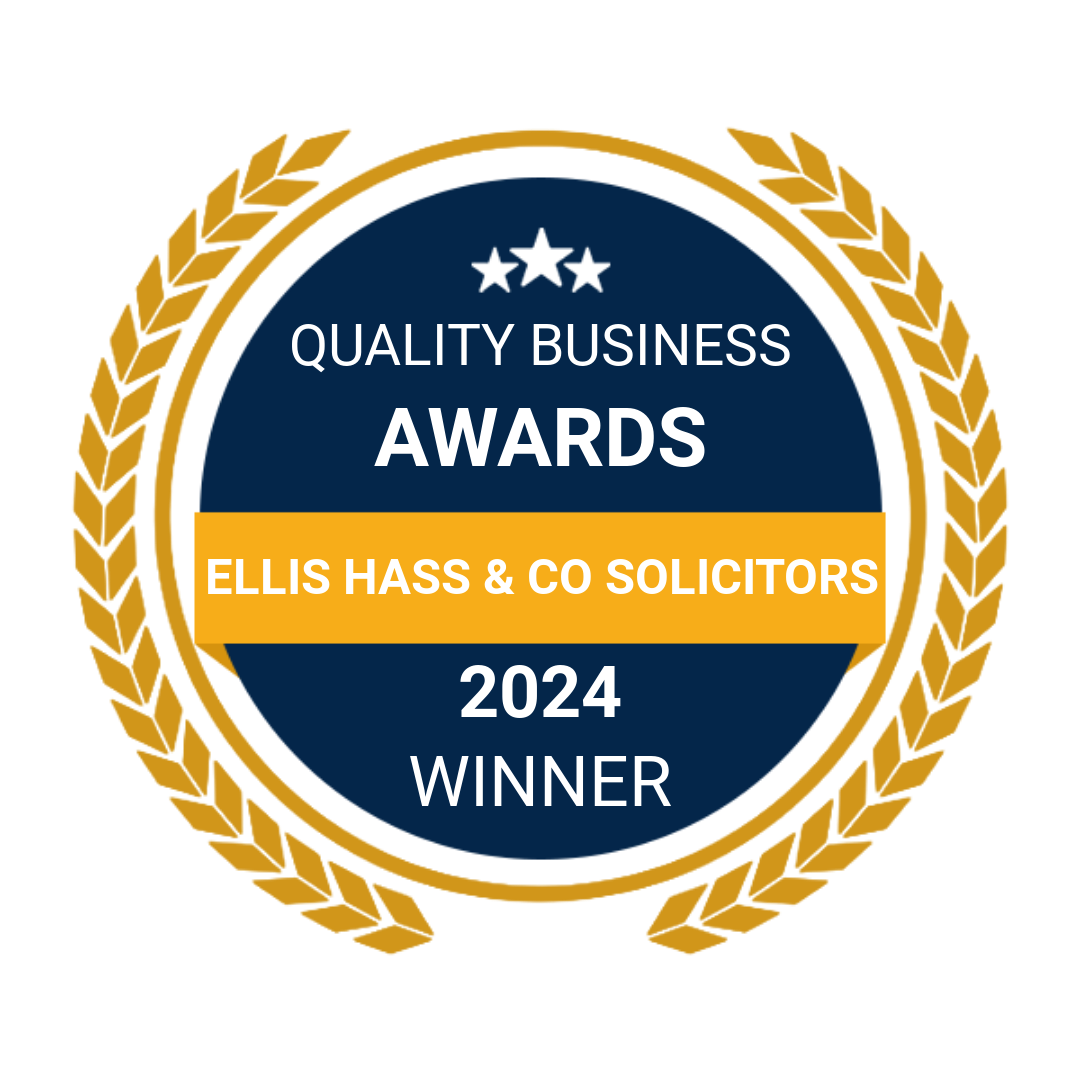Everything You Need To Know About Personal Injury Claims
Everything you need to know about Personal Injury claims, from types of claims, to funding and the procedure.
Over 113,000 Personal Injury claims were issued in county court in the year 2019, alone.
If you sustain a personal injury in an accident due to the fault of some other person, third party or company then you may well be entitled to personal injury compensation from the negligent person/company’s insurers. This claim can help to cover the money that you have spent in dealing with your injuries including medical and treatment expenses as well as loss of earnings.
A personal injury claim is a compensation claim made specifically for personal injuries sustained by an individual in an accident. The award/settlement will be made up of personal injury compensation.
General Damages –
an award for pain and suffering and loss of amenity (not being able to do things you were able to do before the injury)
Special Damages – an award for the amount of lost money you may have lost through paying for medical expenses, travelling costs, prescriptions, medical treatment, vehicle damage, adapted transport, car hire, expenses of care and assistance, adapted accommodation and therapies as well as loss of earnings whilst incapacitated. These losses can also be projected into the future and can run into many thousands (and in extreme cases millions) of pounds
In order to bring a claim (in most cases) the claim must be less than 3 years ago, as if court proceedings are not commenced within this time frame – the Limitation period – you can lose your right to claim.
Types of Compensation Claims
Funding a Personal Injury Claim
If you have suffered a personal injury and wish to claim compensation, it is important to consider how to fund the claim. The various options are:
Private Funding By Paying Legal Fees – this is very unlikely to be a good option as although the usual rule is that if you win your case you will get your fees back, it is often the case that after an accident finances can be affected and there is often the case that an injured claimant does not have funds to pay legal fees ‘up front’.
No Win No Fee – whilst this means of funding has been ‘hijacked’ by Claims Companies who have given the public a poor perception, the Government introduced No Win No Fee funding to allow lawyers to work on cases without taking money from the client and only receive payment for the case if it is successful. In such cases the Solicitor will take a ‘Success Fee’ of up to 25% of the compensation if the case wins. If the case loses, there is nothing to pay.
Legal Expense Insurance – often an injured person has legal expense cover from some other insurance pre-existing the accident e.g. with home insurance, car insurance or credit cards. This is advantageous as using the legal expense insurance will prevent the loss of the ‘Success Fee’ of 25%.
Trade Union Funding – If you are a member of a Trade Union they will fund an injury claim in some cases.
Procedure for Pursuing a Personal Injury Compensation Claim
- After contacting Ellis Hass about making a claim (either by telephone or contact form on website) our ‘triage’ team will take full personal details about you and details about the accident.
- We will quickly review the circumstances and let you know if we can help with making a claim on a No Win No Fee basis
- Our team will create a file for you and send you the required ‘client care’ documents to start our agreement/retainer.
- We will assist you in taking out After the Event insurance to protect you against the cost of disbursements such as court fees, medical expenses etc. Again, this will only be paid in successful claims.
- We will obtain all evidence required to proceed with your claim, and then submit the claim, either through the Ministry of Justice Portal for claims up to £25,000, or by writing to the Defendant in accordance with the Pre-Action protocol for larger value claims
- We will ask the insurers to arrange any treatment which you need, such as physiotherapy in accordance with The Rehabilitation Code.
- We will then arrange a medical appointment for you to see an independent expert medical expert to prepare a medical report about your injuries.
- Following a set period of time set out by the law (which can range from 15 days to 3 months depending upon the procedure involved) we will receive a full response from the Defendant, either admitting or denying liability.
- If liability is admitted then we will make sure that the medical evidence is complete and then try to negotiate a settlement of the claim. If liability is denied the Defendant must provide reasons and documentation to support their decision. We will consider the denial and advise you fully.
- If settlement cannot be achieved by negotiation, we will advise you on whether court proceedings are required. If so, we will liaise with a Barrister and prepare court proceedings and deal with the litigation upon your behalf.
- Most cases settle without the need for a trial. Once your claim has been settled, we will make sure your compensation is paid within 14 days and arrange to pay the monies into your bank account, net of the Success Fee and After the Event Insurance policy premium.
Choosing a Personal Injury Lawyer
It is important for a person who has suffered personal injury to effectively manage the process of choosing a Personal injury Lawyer carefully. The effects of accidents can sometimes be severely disabling causing pain and suffering, effects on ability to go about one’s day to day activities, loss of earnings and in some circumstances can cause a long term effect on a person’s livelihood, both at the time of the accident and well into the future.
Choosing the right personal injury lawyer is very important as the right lawyer/solicitor will need to have adequate knowledge of the legal processes necessary to obtain the maximum compensation for your injury in the shortest possible time. If you have any questions or would like to discuss a claim you can contact our Solihull legal team here.
READ OUR BLOG POSTS & LATEST NEWS










